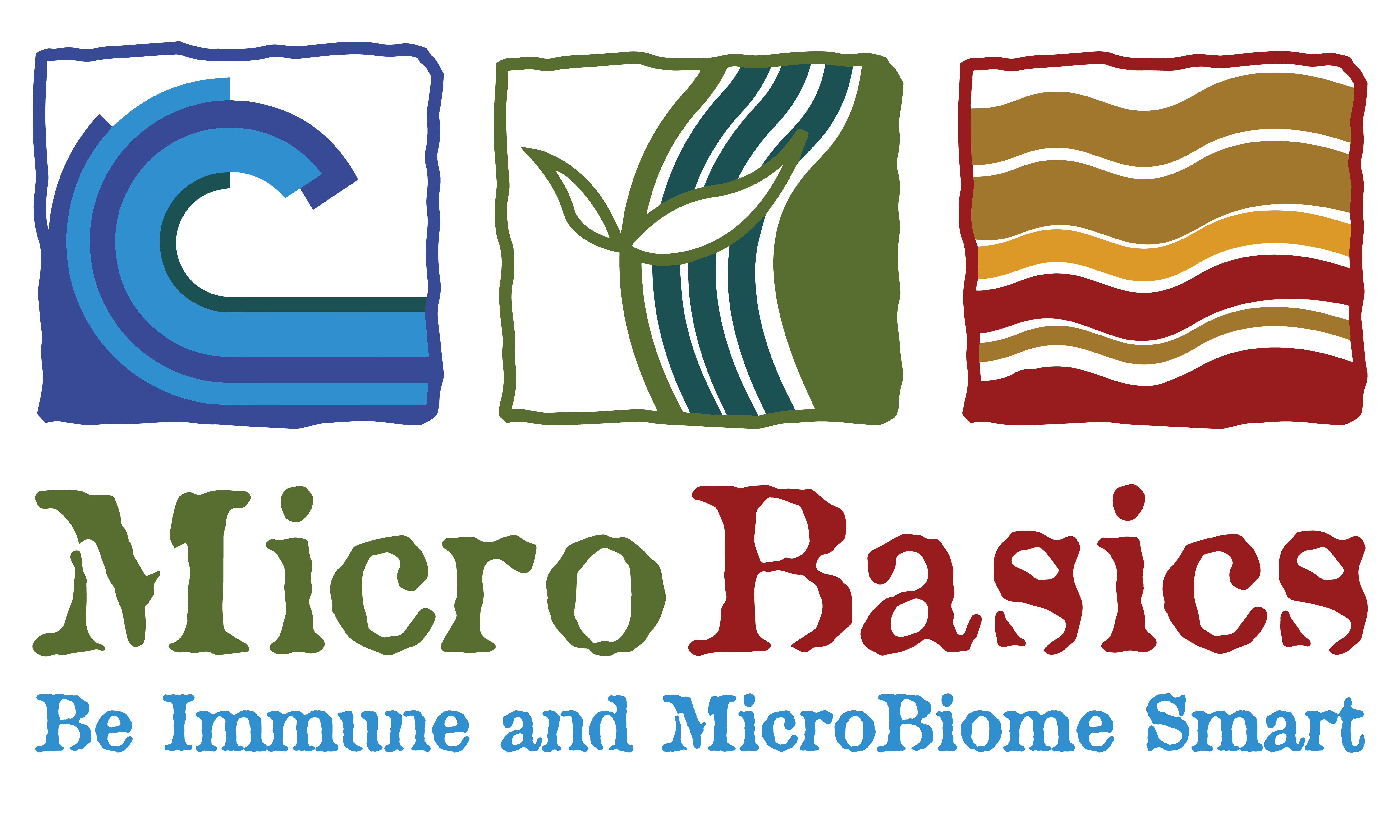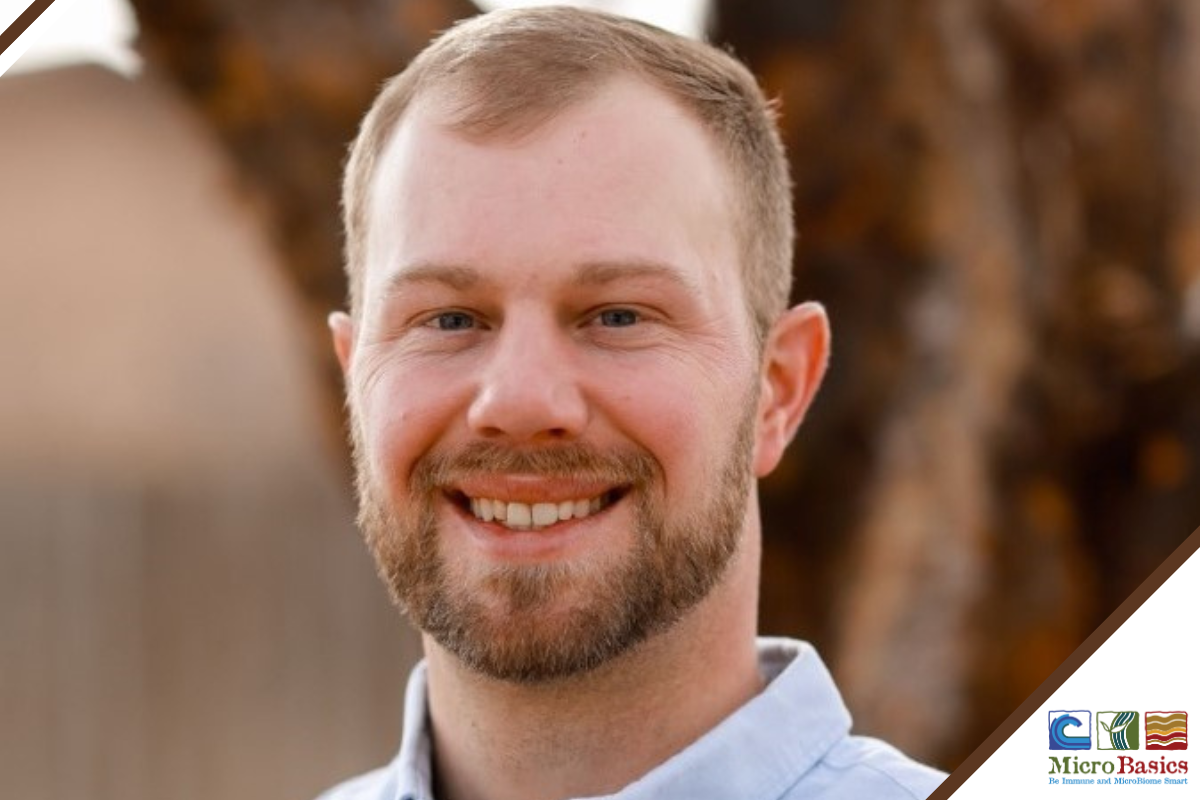Today we are fortunate to share some thoughts from Justin Axman, a consulting nutritionist from Kansas. Justin grew up on a dry land farm in central Kansas. The primary focuses were commercial cow calf, wheat, milo, alfalfa, and grass hay. Growing up he was involved in 4-H and athletics. After high school Justin played baseball at Pratt Community College. There he also completed an associate of science. Justin continued in that field of study with an emphasis on Biology/Pre-Med at Emporia State University. He completed the program there and graduated with a bachelor’s degree in science and biology.
Justin had become less interested in pursuing the medical field as a career and had found he had a great interest in human nutrition and how those concepts were mimicked in animal production. After multiple conversations Justin was led back to his roots and decided to pursue a career in animal production. He entered the Kansas State University Master of Animal Science program with a focus on feedlot nutrition.
During that time Justin took a manager position as a research assistant over the beef cattle research center. There, under the direction of his advisor, Dr. Jim Drouillard, Justin oversaw daily duties at the feedyard, and studies conducted there at the beef cattle research center. The experience there was paramount and integral to how his career has been shaped. He uses the experience he had there in both the beef and dairy consulting that he does today.
Q: What part of bovine nutrition are you most passionate about and why?
I have always been an analytical thinker, and naturally from my background, I have a passion for all things animal production. My greatest passion, however, is utilizing and leveraging my peers and my experience and knowledge base to achieve the most optimal solutions for our clients and producers.
Being able to implement successful nutrition and management programs and having the ability to continually manage and evaluate data to adjust those programs periodically. I would say is the most fulfilling part of being a consulting nutritionist for me.
Speaking on behalf of me and our team, I am so fortunate to work with very forward-thinking individuals. It makes for very productive conversations and plans of action with each interaction we have with our clients.
Q: What do you feel are some of the most important aspects of nutrition?
- It gets over sought but, supply of fresh feed and water is paramount. Cows may be out of feed at 1 am or calves out of feed and water midday. It happens more often than we may imagine. Don’t overlook the importance of feed availability.
- Simply having a feed and nutrition program in place with a nutritionist, in addition to a receiving and vaccination protocol in place with a licensed veterinarian that fits the goals of the farm.
- Write goals down to make sure they don’t get lost in the shuffle.
- Have a team in place that can implement those goals and tasks in an effective and timely manner.
Q: What are some management or performance issues that you have seen in your area this year and what did you do to overcome them.
It’s been a long summer for most folks. Southwest Kansas received annual rainfall in 75-90 days in most areas. And in combination the heat and humidity have certainly imposed health risks and performance losses for both my beef and dairy customers.
Most of the operations in this area are dry lots and the heavy rainfall posed a lot of risks and muddy conditions. In previous years this area was primarily drought stricken. That certainly had an impact on the beef herd and those growing calves.
Resolutions to these problems are to recognize them early on. The drought gave us the opportunity to evaluate if vitamin supply, most importantly vitamin A, is in ample supply?
In areas of higher morbidity and mortality, it certainly created urgency to revisit the nutrition program to make sure things were firing on all cylinders and that nutrients were in the right amounts and concentrations.
Additionally, how are intakes looking on farm. Sicker animals usually don’t eat good. If intakes are off how to we rectify that and resolve them?
Q: Who else is an important ally for you and your clients?
I love open conversations including veterinarians. Sometimes there can be a disconnect there, and I like to make sure there is a healthy relationship. I can always learn something from the veterinarian. We rely heavily on them for diagnosis and vaccine protocols. The weather challenges we have had certainly resulted in deeper conversations with our veterinarians.
Justin has been on staff with DNMC Nutrition a little over 2 years in now. He has served in a consultative nutritionist roll for 10 years and is a great resource when it comes to nutrition and management for both beef and dairy cattle. If you would like to know more about Justin or connect with him, please visit the DNMC website.
Written by: Mariah Gull, M.S.

